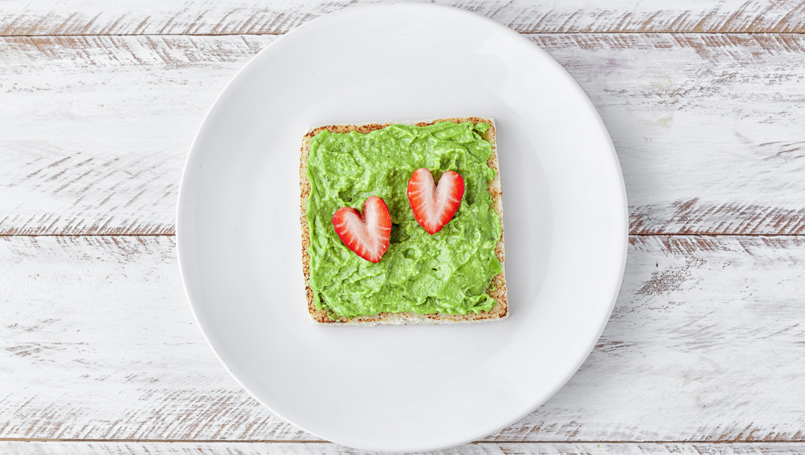
Following a healthy lifestyle pays dividends for your heart health.
“Greater than 80 percent of coronary artery disease is lifestyle-related,” says Kavitha Chinnaiyan, M.D., a cardiologist at Beaumont who writes and lectures on the topics of nutrition and cardiovascular disease. “So genetics do play a part - a minor part -compared to lifestyle.”
Dr. Chinnaiyan also said that even if you have a high genetic risk for coronary artery disease, making good lifestyle choices around diet and exercise can lower your risk substantially.
So what makes certain foods heart healthy?
Dr. Chinnaiyan says scientific studies consistently convey the importance of favoring certain foods and avoiding others. “The general thing that people think is that high cholesterol leads to heart disease, and that’s only partly true,” she says.
Inflammation is the real bogeyman
A bigger contributor to heart disease is inflammation, which is caused by foods that trigger inflammatory responses that are part of the body’s immune response to wounds or illness but can be harmful to the arteries and your gut bacteria in absence of these things.
So it’s important to minimize or avoid altogether highly inflammatory foods. They include:
- refined sugars
- processed meats, like hot dogs, bacon and sausage
- processed foods
- refined grains, like white bread or white rice
- salty foods
- trans fats, typically found in fried or processed foods
- a diet heavy in animal products (meats, dairy and eggs)
- excess alcohol
Examples of heart-healthy foods
“I like to keep it simple for my patients so I use the acronym LEAD,” Dr. Chinnaiyan says.
The L stands for liberalize, as in liberalizing foods like fresh fruit and vegetables. “Really eat a lot of that, and also focus on whole grains, nothing refined,” Dr. Chinnaiyan advises.
Eliminate refined and processed meats, including bacon - sorry world, but it’s associated with higher risks for all sorts of diseases - and sausage. These kinds of meats are atherogenic, meaning they promote the growth of fatty plaques in the arteries, and toxic to your arteries.
Add healthy monounsaturated and polyunsaturated fats, such as olive oils, avocados and nuts.
And drastically decrease your intake of sodium (salt) - including processed foods, which usually contains lots of it - and alcohol, which a recent study tied to higher risks of cancer and other causes of death.
“In general, I would recommend no more than three drinks per week in terms of alcohol,” Dr. Chinnaiyan says. It’s also a good idea to decrease consumption of animal products and stick to a more plant-based diet, which has consistently been shown to be associated with the lowest risks for mortality.
“I would recommend cooking your own food most of the time,” she adds. “If you do it even 80 percent of the time, that’s great. So you know what’s going into your food.”
Next Steps and Helpful Resources
- Listen to the Heart Health episode of the Beaumont HouseCall Podcast
- Download our free heart health guide
- Many risk factors for high blood pressure are reversible
